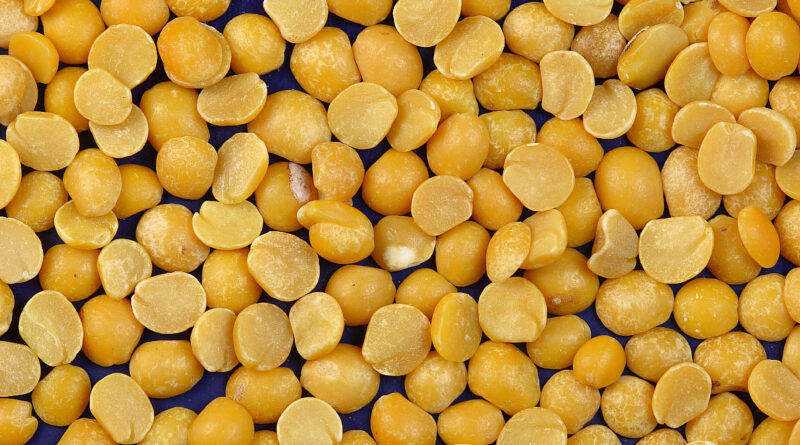Pigeon pea farmers in dilemma as Centre extends duty-free import period for arhar dal by another year
By Avinash Mishra
Farmers engaged in the cultivation of the highly consumed arhar or tur dal (pigeon pea) in India are currently in a dilemma. Last month, the central government extended the duty-free import period for arhar dal by another year.
A notification issued by the Directorate General of Foreign Trade (DGFT) on January 20, 2025, stated, “The policy of duty-free import of tur dal has been extended until March 31, 2026.”
This government decision has come at a time when farmers in major arhar-producing states like Maharashtra and Karnataka are getting ready to sell their crops in the market.
Abhay Shah, a trader from Latur, Maharashtra, which is a major hub for pulses purchase and production, told Down to Earth (DTE), “Last year, farmers received up to Rs 12,000 per quintal for arhar. This year, the prices have fallen below the minimum support price (MSP). After the decision to allow duty-free imports, no one is willing to buy the farmers’ produce. Traders are waiting for imported pulses. Meanwhile, the mandi (wholesale market) price is around Rs 7,000.”
He further added, “This government decision could lead to farmers losing faith in arhar dal as a crop. Such decisions should be made with a better understanding of farmers’ conditions.
”The government allowed the duty-free import of tur dal under the “free category” from May 15, 2021. Since then, this arrangement has been extended periodically.
Suresh Agarwal, President of the All India Dal Mill Association, told DTE that the organisation has been demanding the reversal of the decision as it will cause significant losses to farmers. This decision could also hinder India’s self-sufficiency in pulses as farmers might become disillusioned with dal prices falling below MSP. Agarwal has also demanded an increase in the MSP for farmers.
He explained that the government decision came about solely due to the increased consumption of arhar, which necessitated imports. However, in his view, there was no need to extend the duty-free import policy because, even if consumption reaches a maximum of 5 million tons, the government will import 4 million tons of arhar by March, and the decision for a shortfall of 1 to 1.5 million tons is not justified.
The All India Dal Mill Association has, in a meeting, urged the central government to raise the MSP for arhar to Rs 9,000 per quintal.
Meanwhile, duty-free import continues for all major pulses in India, including arhar, urad (black gram), masoor (lentil), chana (Bengal gram), and yellow peas, except moong (green gram).
As a result, domestic prices for pulses, including arhar, masoor, and chana, have fallen. All pulses are now being sold at prices below their MSP. Chana, for example, is being sold below its MSP of Rs 5,650, and with new arrivals, these prices may drop further.
India imports pulses mainly from Myanmar, Australia, Africa, and Canada. Most of the imports of arhar and urad come from African countries and Myanmar, while chana, peas, and masoor are imported from Australia, Russia, and Canada.
However, despite multiple budget speeches announcing self-sufficiency in pulses, the government remains reliant on imports for pulses, causing losses to farmers.
This article has been republished from The Down to Earth Magazine.

